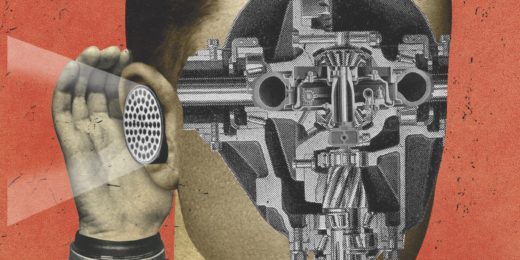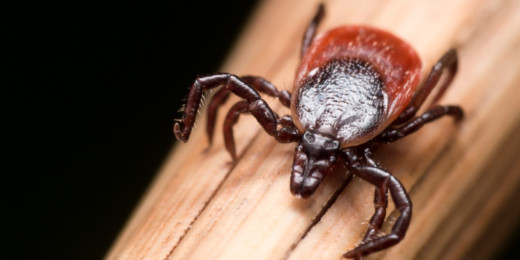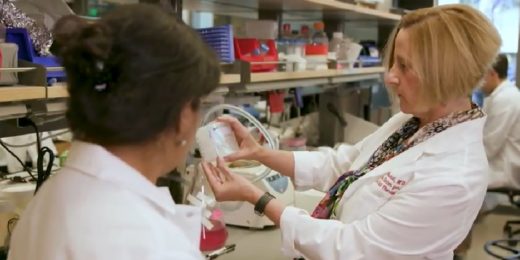A study provides evidence that the drug azlocillin eliminates the bacteria that cause Lyme disease at the onset of infection in lab mice and cultures.
Author: Kris Newby
A look at intelligent listening technologies from Stanford Medicine
Researchers are using AI listening technologies to improve mental-health, diagnose autism and discover adverse drug reactions.
Is climate change fueling the spread of Lyme disease? A podcast
During a podcast, the author of "Lyme: The First Epidemic of Climate Change" talks about the growing worldwide threat of this disease and the urgent need for more research into treatment and prevention.
Are mechanical or biological heart valves best?
In this video, Stanford Medicine heart surgeon Joseph Woo discusses his award-winning research that examined the pros of cons of mechanical versus biological valve replacements.
Med student creates Frankenstein-inspired art
Last week Nick Love, a third-year medical student, told me the story behind the art exhibit that he created for Stanford’s 200thanniversary celebration of Mary Shelley’s …
Why does CAR-T cancer therapy give this Stanford oncologist hope? Watch this video
According to Stanford pediatric oncologist Crystal Mackall, a pediatric oncologist with Stanford Children's Health, immunotherapy with CAR T cells is more precise, more specific and just as potent a treatment for leukemia as chemotherapy.







